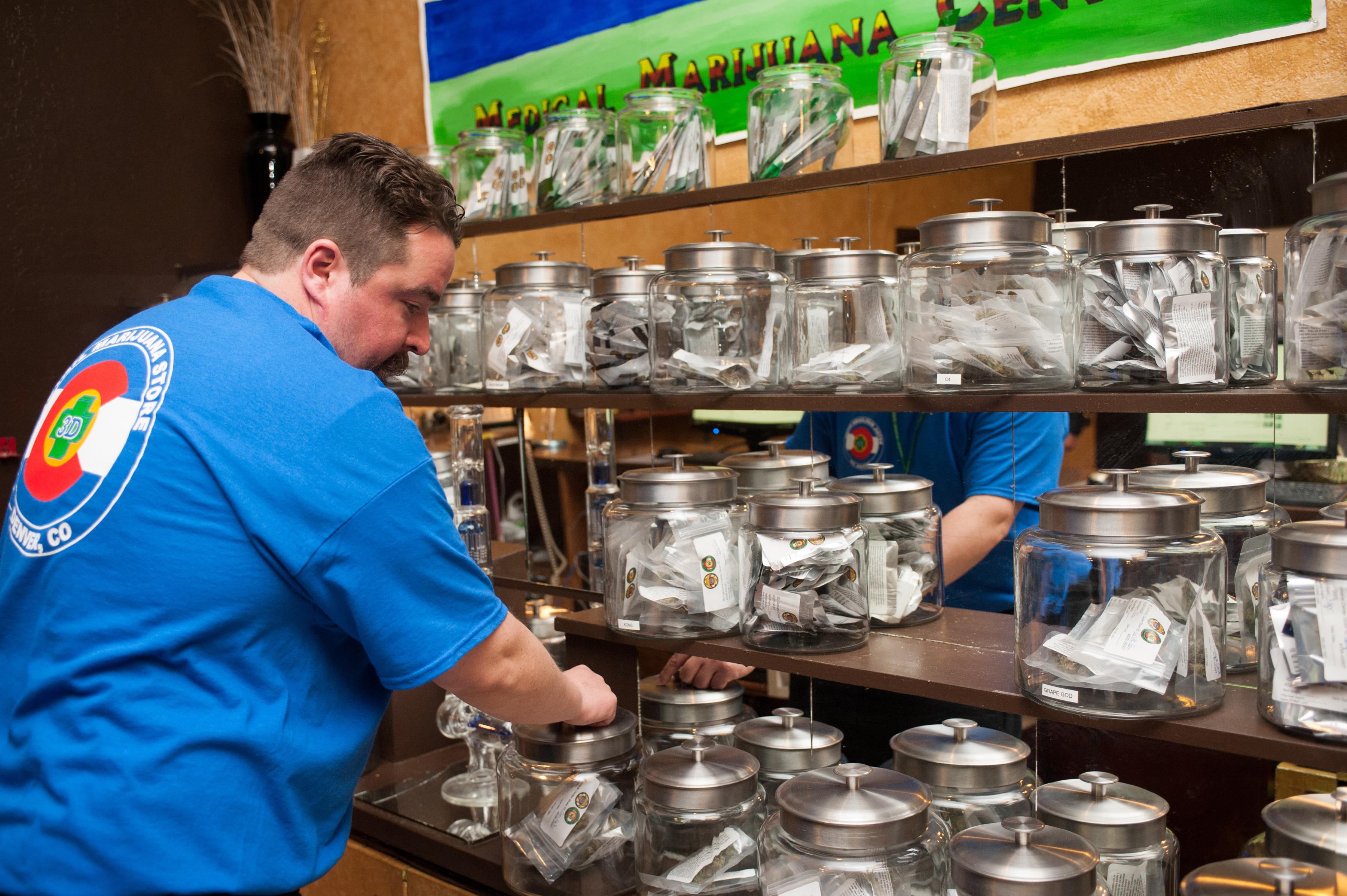Last week a couple of oldster pundits set the Internet ablaze with deeply illogical columns in which they argued that because marijuana consumption has some undesirable health and social consequences, the states that are moving to make marijuana legal are clearly doing the wrong thing.
The problem here isn’t the observation that there’s some legitimate interests in constraining marijuana consumption, it’s with the inference. There are lots of consumption possibilities for which it makes sense for public policy to promote a culture of restraint—booze, cigarettes, Fritos—but where the downsides of criminalization in terms of human freedom and enforcement costs are clearly far too high. Marijuana, I think, also very clearly falls in that bucket.
But the thing that David Brooks and Ruth Marcus and others are really missing about this is that there’s a crucial question we just don’t know about the impact of marijuana legalization on public health. What happens to booze?
Personally, I greatly prefer whiskey and beer to pot. And one personal concern of mine is that in a world of legal marijuana people with whom I enjoy socializing will be pushed at the margin to pot-based socializing rather than “meet up at the bar for some drinks” as a standard form of socializing. But from a public health standpoint, alcohol consumption is much worse than marijuana consumption. Heavy use of either has a negative impact on the health of the user, but the nature of alcohol intoxication is that it creates a lot of negative externalities in the form of violent acting out by drunk people. The main way smoking pot is likely to have a negative impact on nonsmokers is through driving under the influence, but booze has that exact same problem. Then on the flip side pot simply isn’t associated with violent misconduct in the way that drunkenness is.
Consequently, a world in which commercially legal marijuana leads to a lot more pot smoking is potentially a much safer and healthier world if that extra pot smoking displaces a lot of boozing.
But is that actually what would happen? Nobody really knows. The increase in pot smoking might be very large compared to the reduction in drinking. Or in a legal framework in might turn out that pot and beer are complements and consumption of them both rises. Or what happens may depend on the precise nature of the regulatory system. We really don’t know. But it’s really important to try to figure out and adjust policy in part based on what we learn.
Bottom line: The possible negative impacts to public health by no means justify the current legal regime. But given how much we don’t know about the pot-booze interaction, we don’t even know if there are any net negative impacts to public health of widely available marijuana. The range of possible public health outcomes from Colorado-style legalization is very wide and it includes the possibility that public health will improve.
